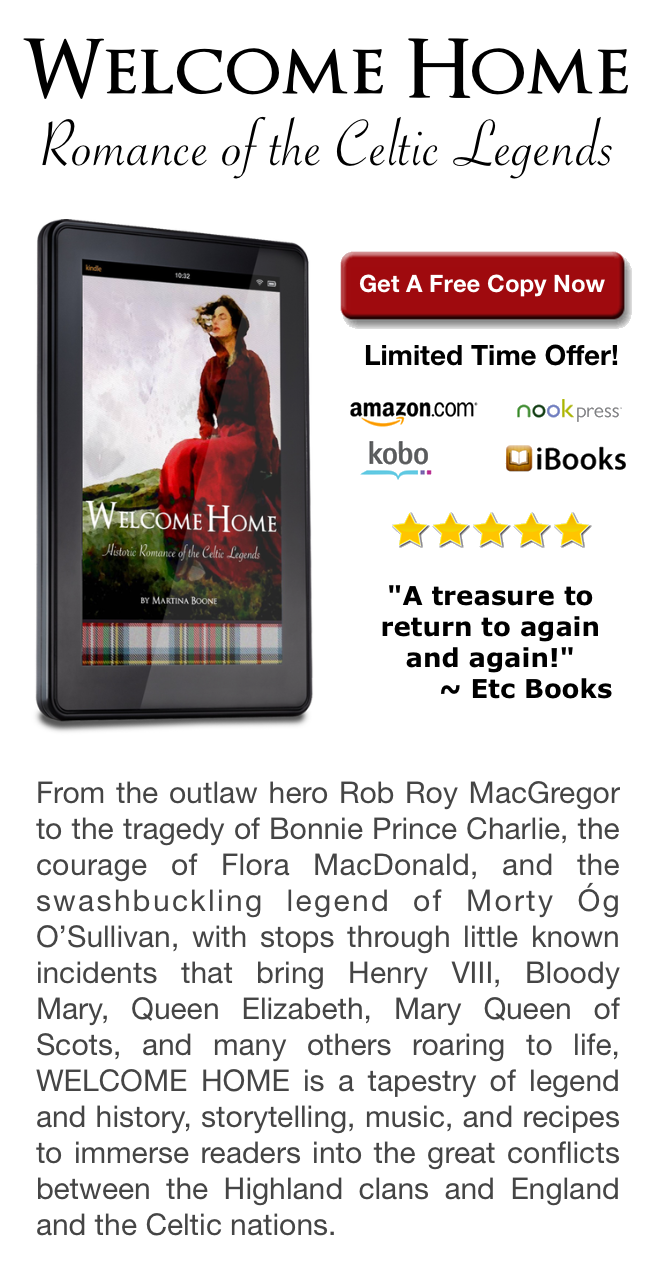My previously prepared presentations and special interests include:
- Ready, Set, Plot: Imaginative and informal interactive sessions where students, readers, and/or aspiring writers can learn to plot by doing. We pick a genre, a plot type, theme, and characters, and then start off with an inciting incident and follow the building blocks of story to see where they take us. The results are often hilarious and always wonderful, designed to get even reluctant participants energized.
- What’s In Your World: Worldbuilding for fantasy or real life stories. Using examples from a wide variety of literature, this interactive session examines the choices that authors make in creating the elements that bring their stories to life, including the elements that most writers forget when building their story worlds. Shows how to use the world and environment of the characters to bring those characters and the book to life.
- Myth busters: Incorporating folklore, mythology, and history into fiction and connecting it to character and real events. From fairytale retellings to weaving together and reinterpreting elements from existing folklore and history, this session examines the elements of story that are hard-wired to the human experience and uses examples to help participants explore what creates visceral connects that give a story broad appeal.
- The Hero’s Journey: Whether a tale uses a traditional “Hero’s Journey” or three-act structure or something more unique, each character sees themselves as the hero of their own story. This session digs into the elements that make characters feel real, how to create empowered female characters with different kinds of strength, and how to use character to drive the story. Provides real-time interactive techniques and examples from existing literature to examine the characters that participants have loved the most and how they can create great characters of their own.
- What Ifs and Complications: An imagination-building technique that uses the power of “what if” to jump start decision-making processes that participants can use in their own lives whether or not they are writing. Touches on the different types of “master” plots and brings them to life through real-life examples from their own lives, existing literature, and the current news and popular culture.
- Who Done It?: Digging into the tools of character building, this session looks at different personality types and tools, from Meyers-Briggs to Astrology to Tarot and shows how even plot-driven stories can benefit from digging into personality strengths, weaknesses, and backstories to make a story flow easily from the first page to the last.
- Teen Voices: Both in fantasy and contemporary fiction, YA fiction provides writers and readers with an outlet to explore and reflect the issues that are important to teens, from first experiences and important decisions to coping with loss, depression, sexuality, diversity, family dynamics, friendships, relationships, and historical and current events. How does this effect teen readers? A frank discussion that examines causes and effects of literary and media exposure and uses both classic literature and recent publications as examples.
- Editing Your Way Through Life: Whether you are trying to create a publishable manuscript, a great essay, a solid pre-college or pre-employment foundation, or a better relationship with friends, family, or yourself, there’s a place for creativity, reflection, and revision. This session illustrates the steps of revision, imagination, forgiveness, and self-belief that are required, and provides hands-on tips and exercises for helping to use them to achieve success.
- Paths to Publishing: Hands-on story concept, pitch, synopsis, and query letter workshops. Participants should bring samples from their stories to receive feedback, and the session will provide proven techniques to help develop and grow the marketability of their manuscripts.
- Start it Right: Hands-on first five pages and pitch workshop to start or prepare a manuscript for querying. Participants should bring their own work to get immediate feedback.
- Branding Yourself: An interactive session that provides worksheets and interest-based questions to help published or aspiring authors develop a strategy to successfully “brand” themselves across various social media platforms in a way that readers can identify but that the authors can sustain and enjoy long-term.
- Curriculum-Based Presentations: As shown in the Learning Guides for Compulsion and Persuasion, the books tie-in to multiple aspects of the curriculum. School sessions for middle and high schools can help support and supplement required material.
- Book Club and Library Presentations: Via Skype or in-person. See the book club guides for ideas on what can be discussed.
I’m happy to work with festival coordinators, teachers, librarians, or workshop organizers to tailor presentations to meet specific objectives. Please use the contact form to discuss scheduling, rates, and presentation options.

